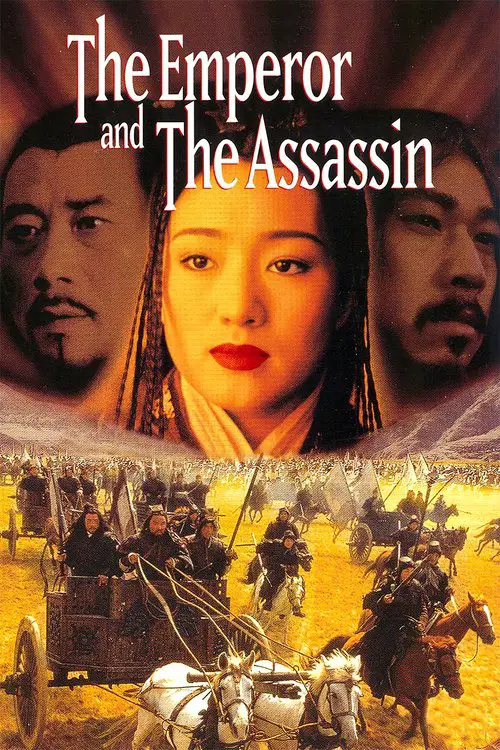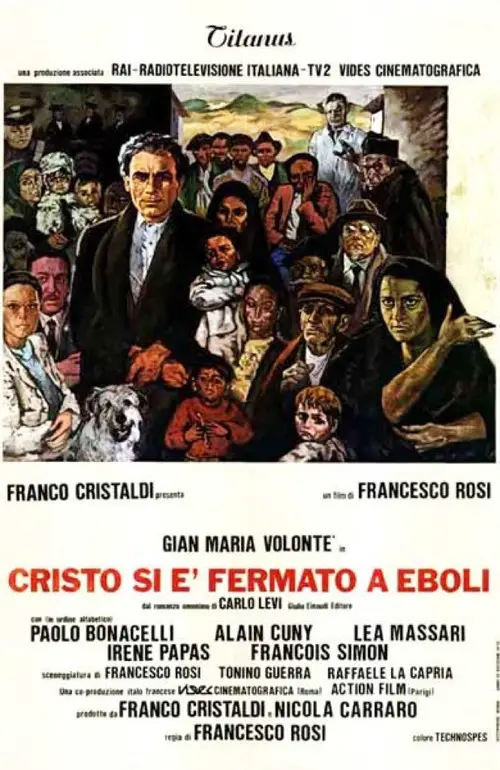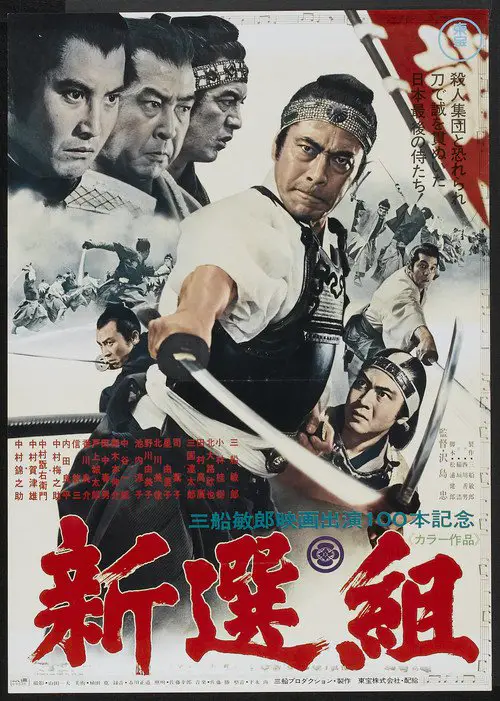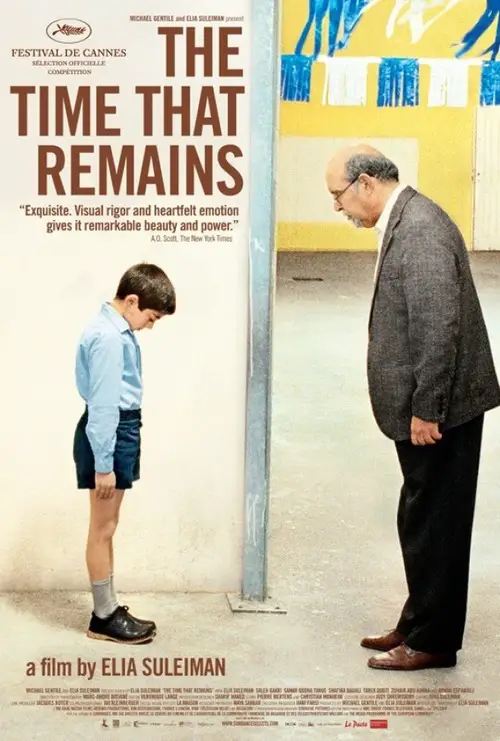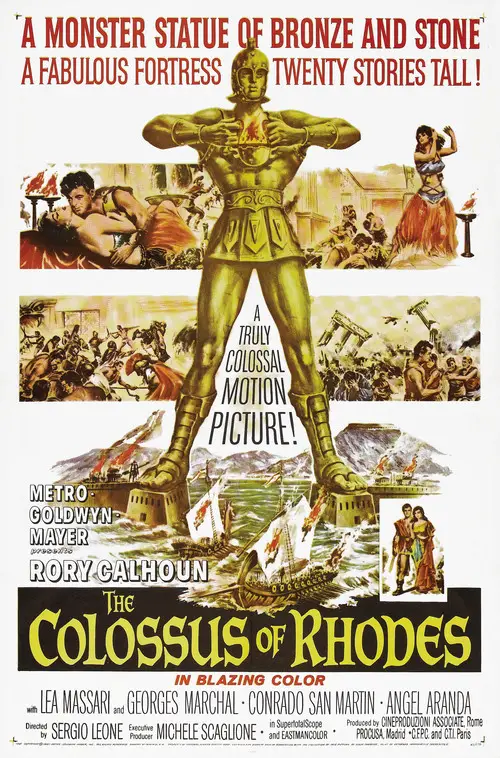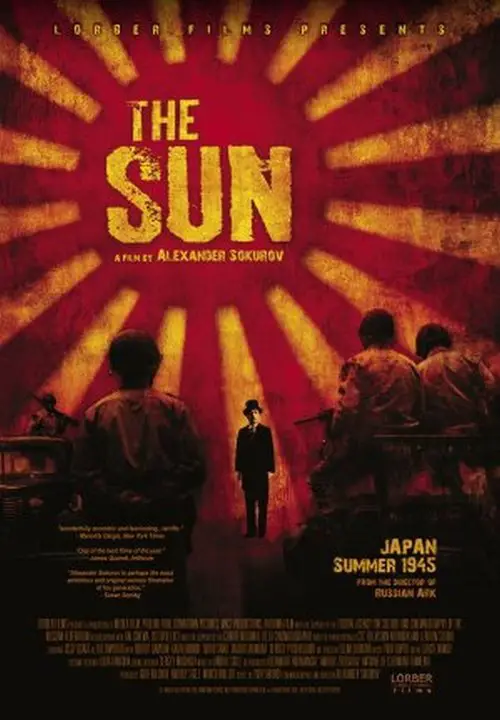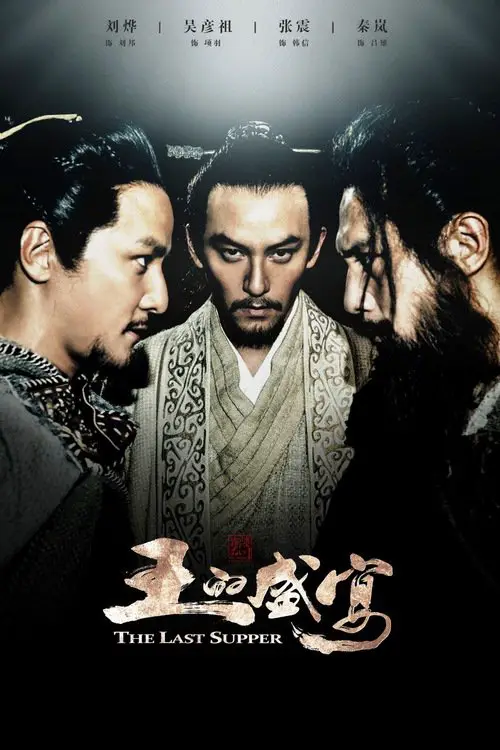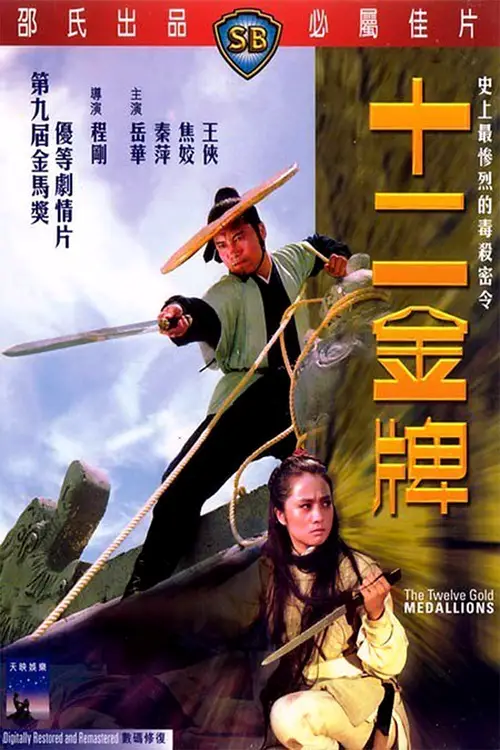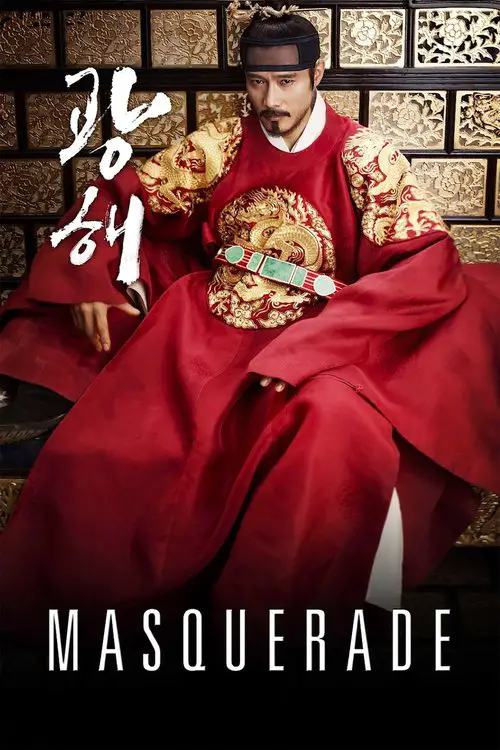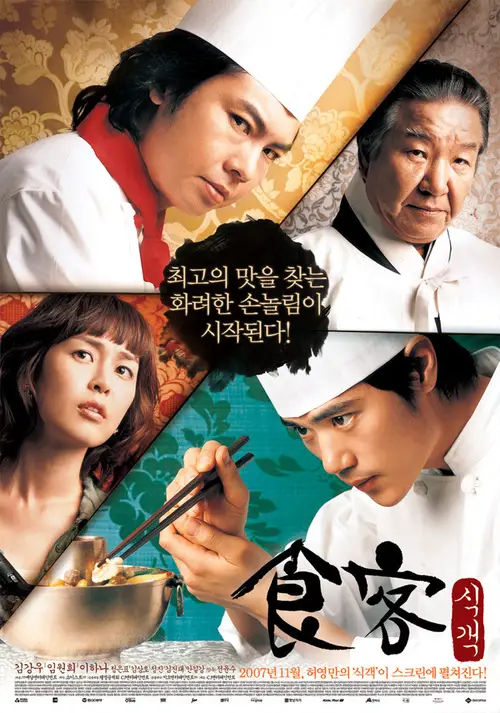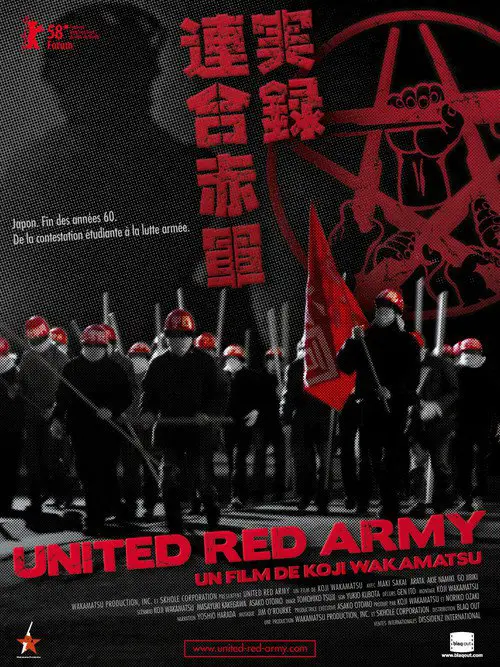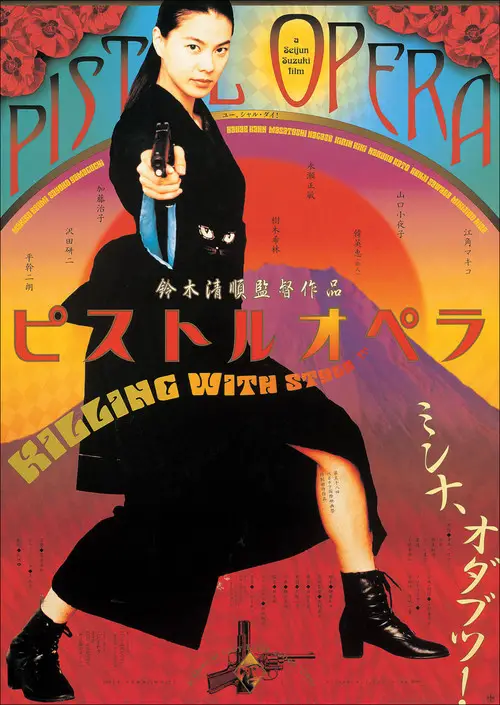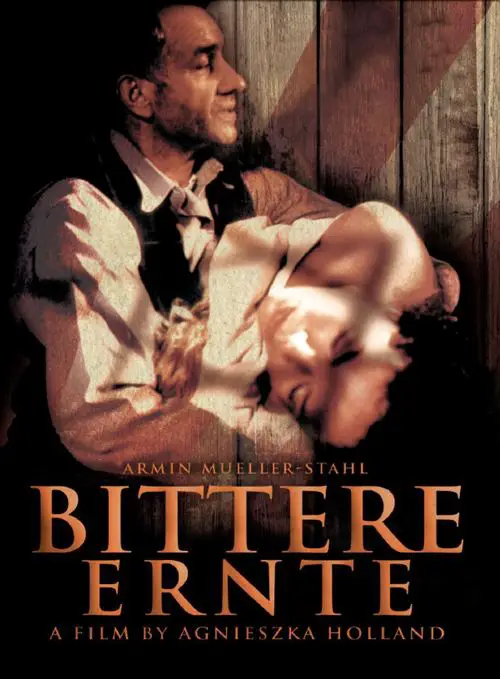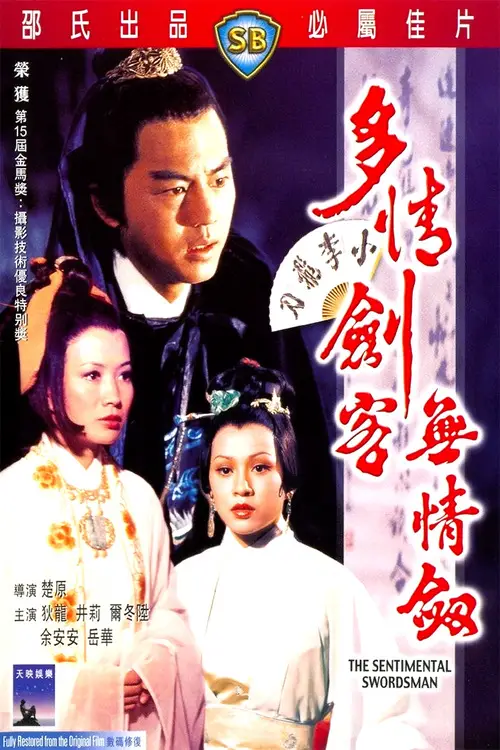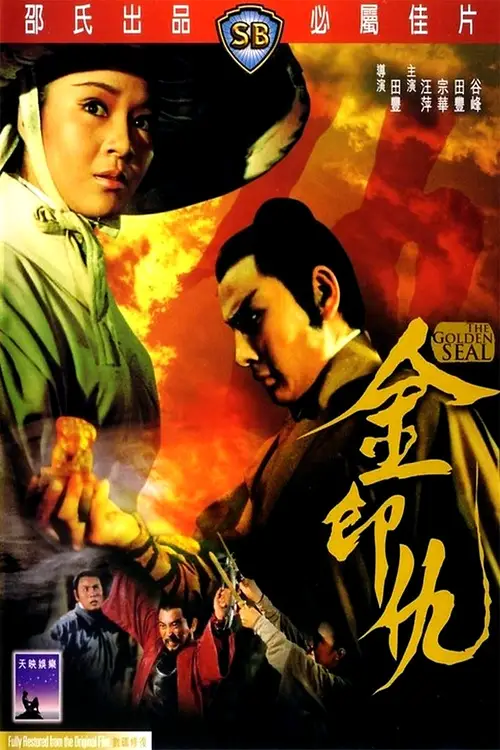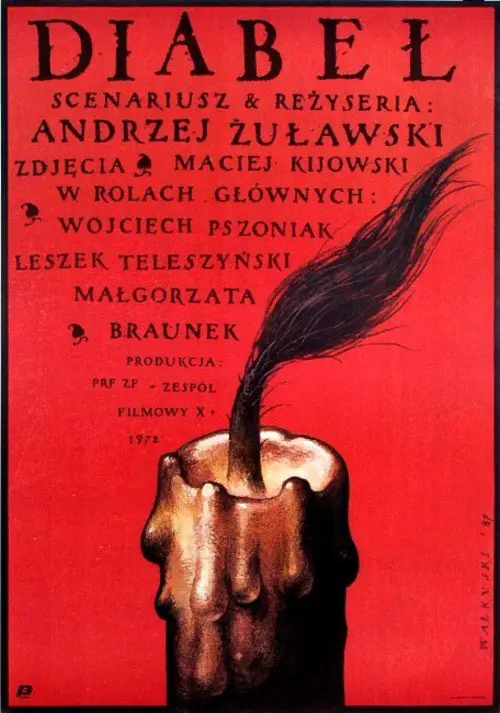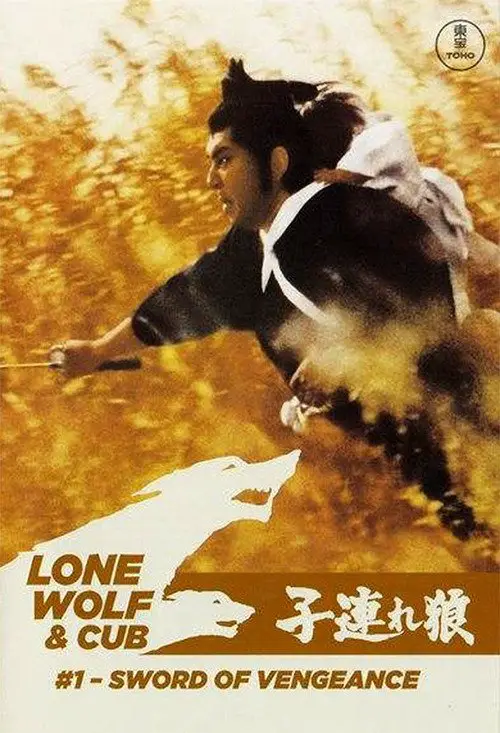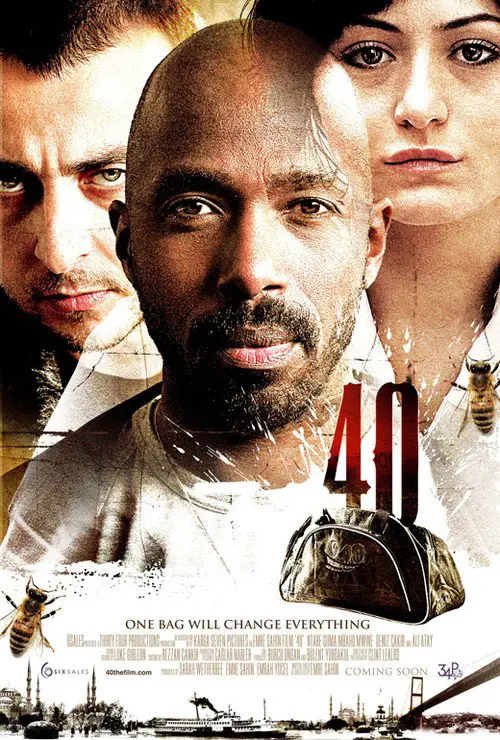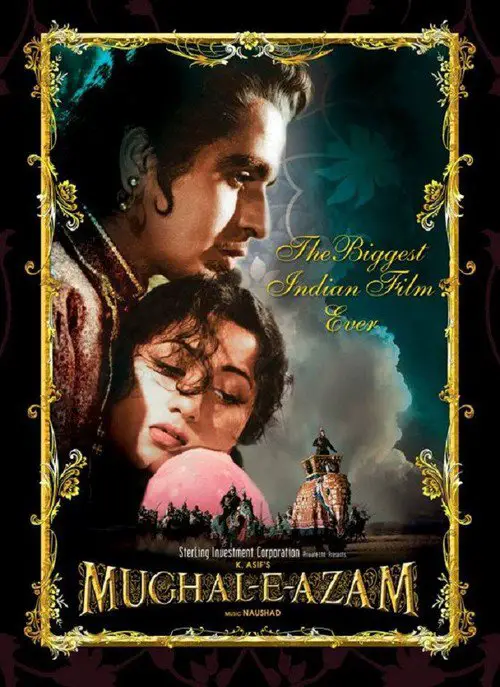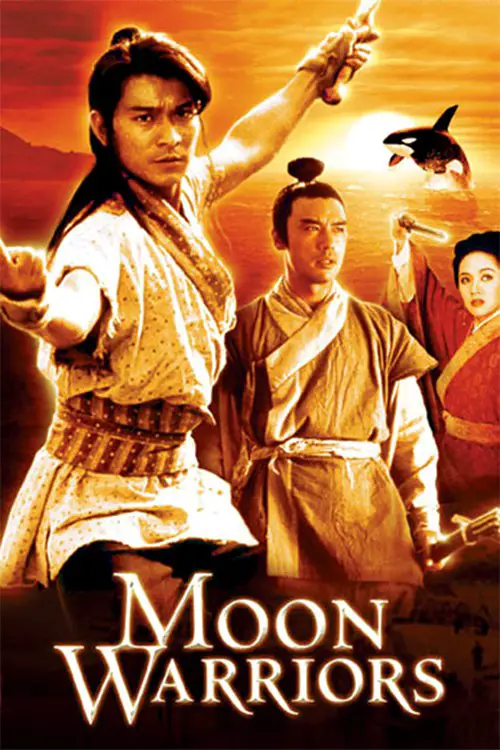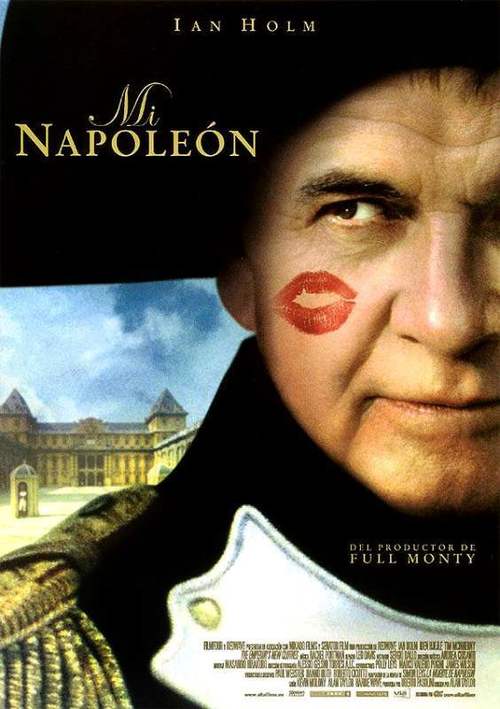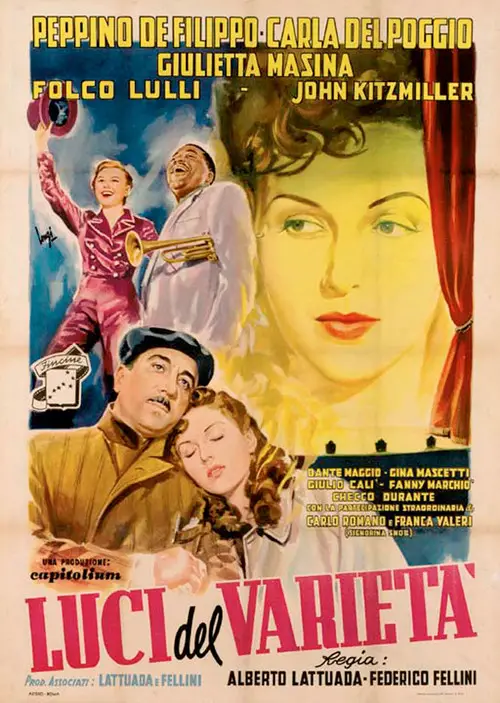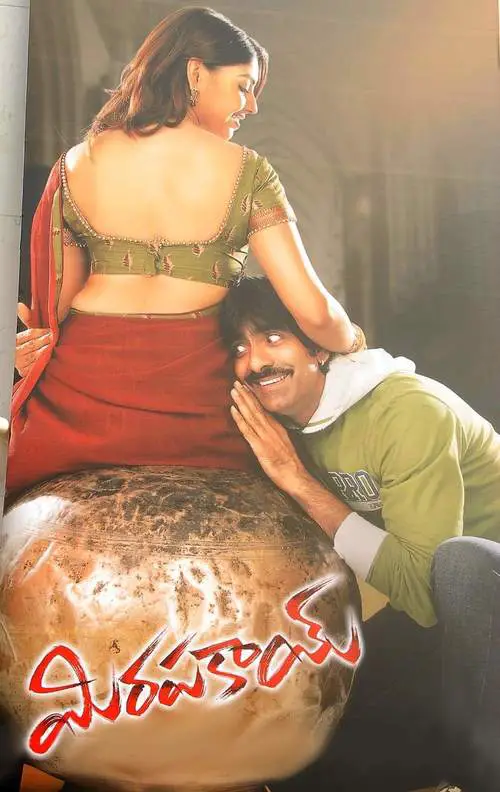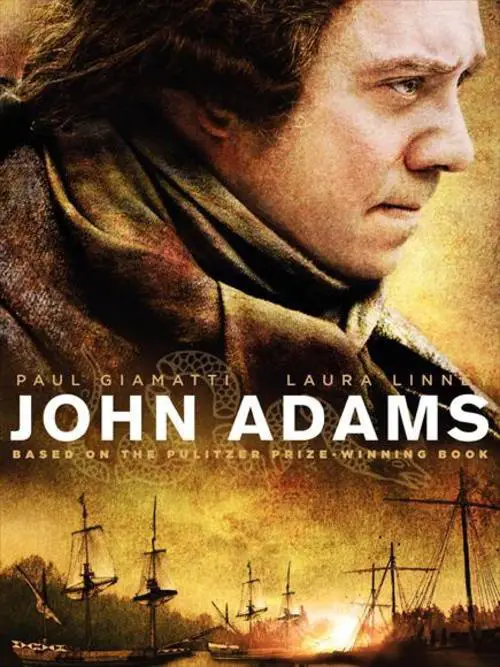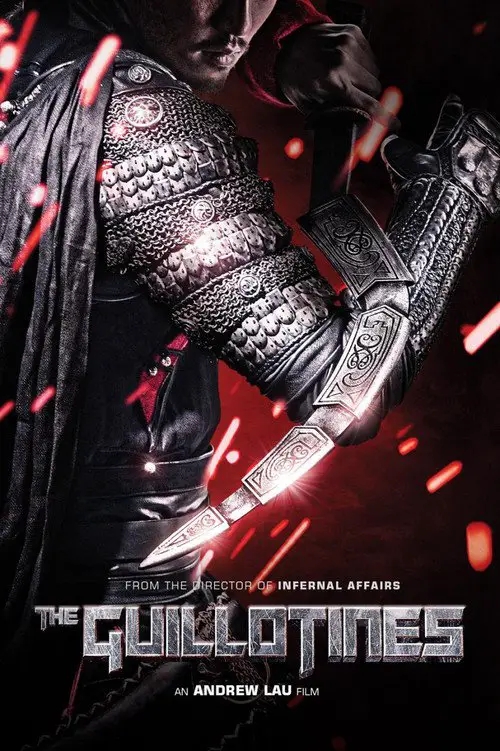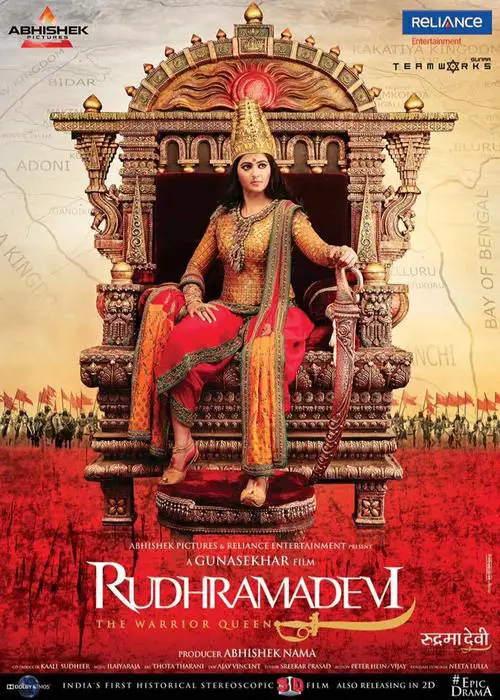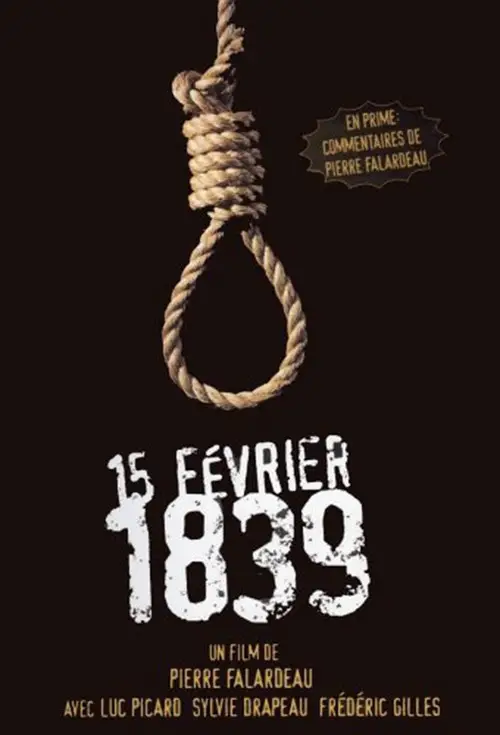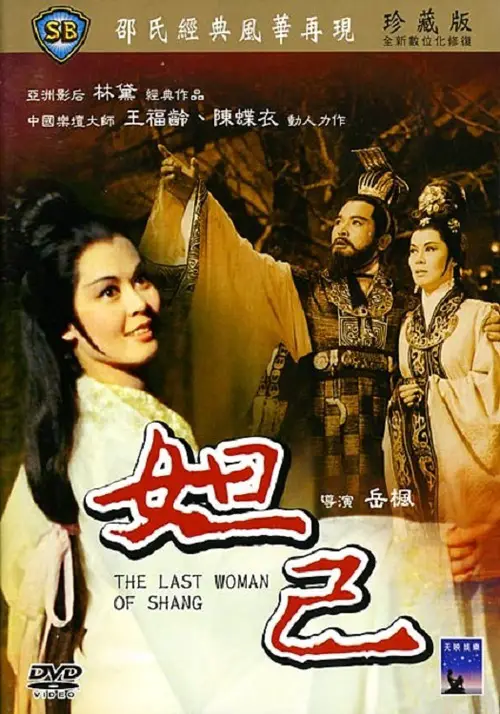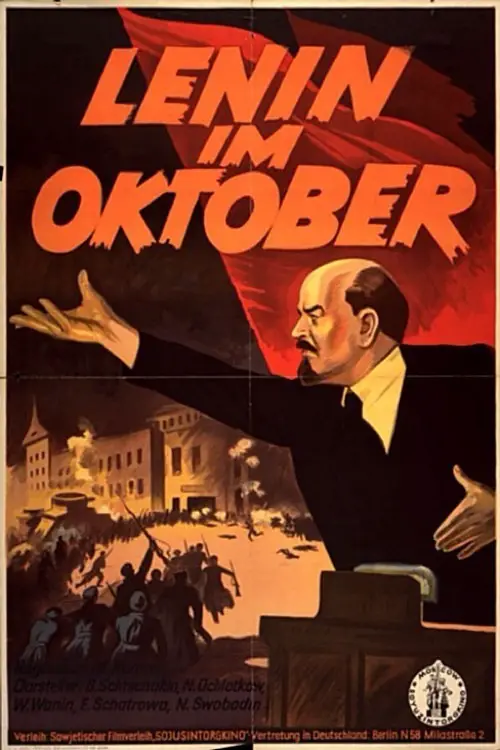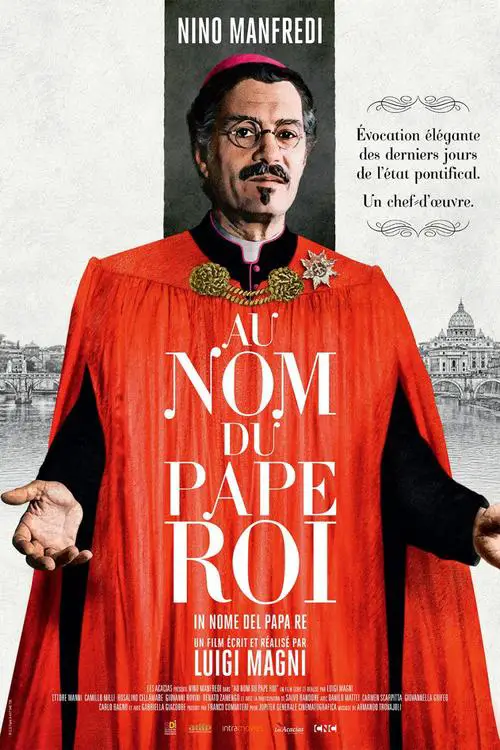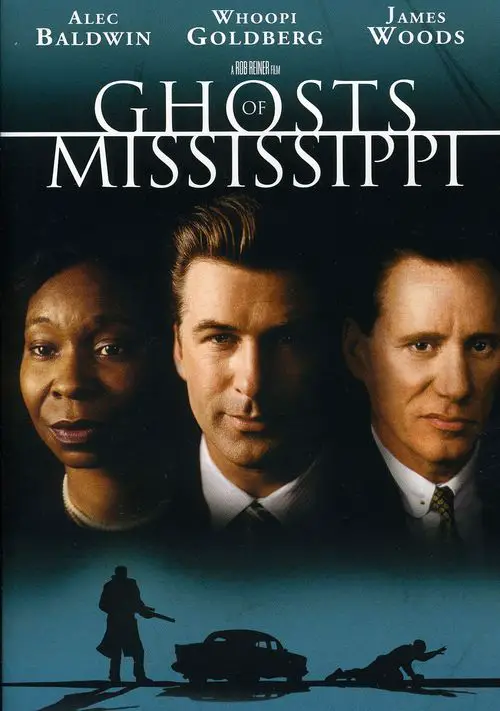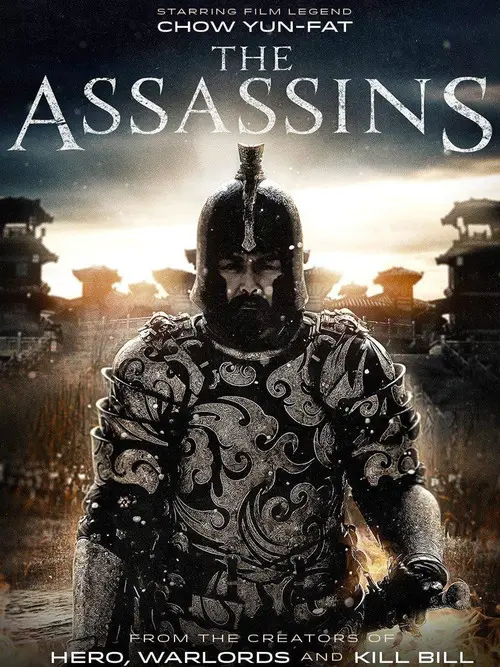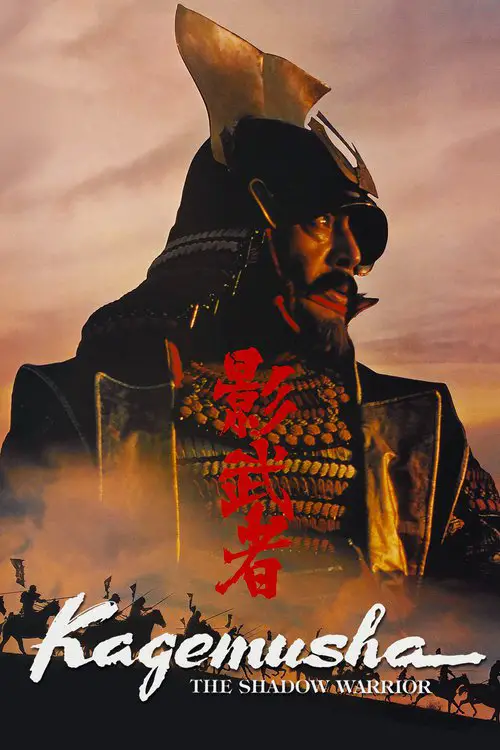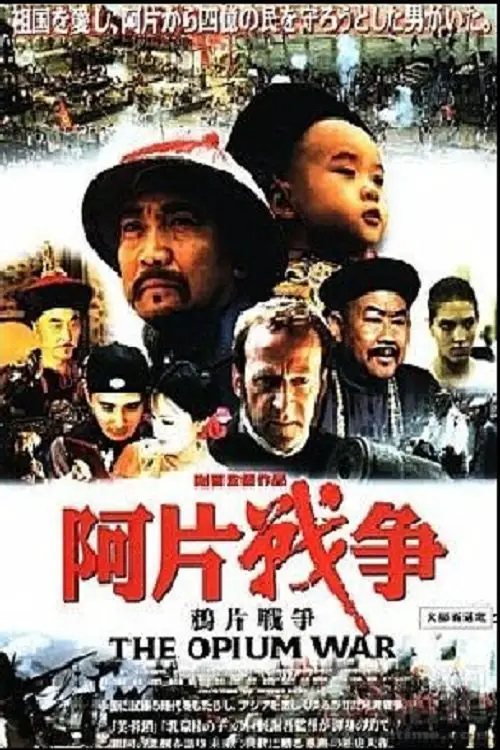The Great Conqueror's Concubine (1994)
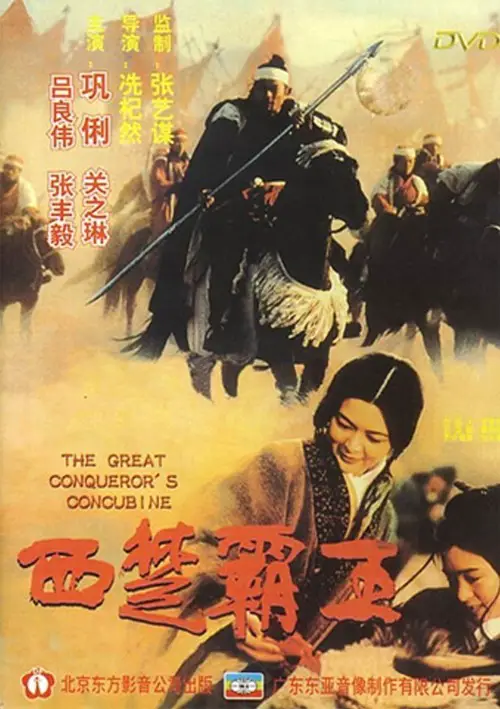
Similar movies
The Soong family was a political dynasty in China that reached the highest levels of power. This film follows the lives of the three Soong daughters, who were educated in America and returned to China. Ai-ling (the oldest) married a wealthy and powerful businessman. Ching-ling married Sun Yat-sen, the revolutionary founder of modern China. Mei-ling (the youngest) married Chiang Kai-shek, China's l
Near the end of the nineteenth century, as the balance of power shifts from Shogunate towards the Emperor, Japan restlessly awaits the dawning of a new age. But not all are content...The Shinsengumi, a small army of samurai, farmers and peasants, band together to do battle against the tide of history. Their leader, Isami Kondo (Mifune) is a man who rises from farmer to fighter to head the fierce Shinsengumi brigade. Using a stern hand and a heart of gold, he rallies his men in defense of the tottering Shogunate. But bloodshed and treachery lurk around every corner.
An examination of the creation of the state of Israel in 1948 through to the present day.[Synopsis from the director, courtesy of Cannes Film Festival] : "The Time That Remains" is a semi biographic film, in four historic episodes, about a family--my family--spanning from 1948, until recent times. The film is inspired by my fatherâs diaries of his personal accounts, starting from when he was a resistant fighter in 1948, and by my motherâs letters to family members who were forced to leave the country since then. Combined with my intimate memories of them and with them, the film attempts to portray the daily life of those Palestinians who remained in their land and were labeled "Israeli-Arabs," living as a minority in their own homeland.
The Sun (Russian: СóлнÑе, Solntse) is a 2005 Russian biographical film depicting Japanese Emperor ShÅwa (Hirohito) during the final days of World War II. The film is the third drama in director Aleksandr Sokurov's trilogy, which included Taurus about the Soviet Union's Vladimir Lenin and Moloch about Nazi Germany's Adolf Hitler.
As a valiant Chinese general and his men battle Tartar invaders, patriot swordsmen attempt to stop the delivery of 12 medallions sent by a traitor that could spell the doom of the Sung Dynasty. When a powerful kung fu master assumes responsibility for the deliveries, his daughter and a former student turn against him in order to save China.
During the confusing and conspiratorial Joseon Dynasty King Gwang-hae orders his councilor, HEO Kyun, to find him a double in order to avoid the constant threat of assassination. HEO Kyun finds Ha-sun, a jester who looks remarkably like the king, and just as feared, Gwang-hae is poisoned. HEO Kyun proposes Ha-sun fill the role as the king until Gwang-hae recovers fully and grooms Ha-sun to look and act every bit the king. While assuming the role of the king at his first official appearance, Ha-sun begins to ponder the intricacies of the problems debated in his court. Being fundamentally more humanitarian than Gwang-hae, Ha-sunâs affection and appreciation of even the most minor servants slowly changes morale in the castle for the better. However, his chief opposition, PARK, notices the sudden shift in the kingâs behavior and starts to ask questions.
A young, incredibly talented chef quits the profession after a contest to head a world-class restaurant ends in tragedy. Retiring to a small rural town with his grandfather, he finds a new and more peaceful existence, working as a farmer and selling vegetables at the local market. Even though content in his new life, when a nationwide cooking competition offers him the chance to take on his long-time rival, Seong-Chan embarks on a journey that will forever change his view of the world and lead him to the most startling revelations.
The film is told in three acts, beginning with a historical background of Japan's student movement of the 1960s and early 1970s, mostly using archive footage and a narrator. The second act follows the formation of the group to their mountain training camps in the southern Japanese Alps. It emphasizes the dogmatic (and eventually hypocritical) bullying of the group by Mori and Nagata, with 12 members being killed for infractions as small as improperly cleaning a gun, wearing make-up, and kissing. The third act shows the splitting up of the group after two members run off. It follows one group of five members to Karuizawa and a hostage-taking and police standoff known as the Asama-SansÅ incident.
Steelworker Chen has a passion for music and plays the accordion in a local band with a close group of friends. When his estranged wife returns one day after years of absence, she demands a divorce and sole custody of their daughter. Chen is at a loss. He doesn't mind divorcing a woman who has become a stranger, but he can't bear to part with his daughter. Chen has worked hard to give her a respectable life and has taught her his love of music. When asked if she'd rather stay with her father or go with her mother, the girl gives a practical, devastating answer: she'll go with whomever can provide her with a piano. Chen cannot afford such a luxury item, but the piano becomes his last hope to save what little is left of his family. With the help of his loyal friends and the support of his lover - the singer in his band - Chen concocts several plans to fulfill his daughter's wish...
Zhou Yu, a ceramic artisan in China's rural Northwest, has a deep rapport with Chen Qing, a shy sensitive poet. Taking a long train ride every weekend just to make mad passionate love with him, her longing seems insatiable. Until one day, she meets the hedonistic vet Zhang Qiang and begins a torrid affair, which takes her to another train station, and another level of lust. Driven by the locomotive of love and desire, she hustles through a dark tunnel of no return.
Wu Sung, a military swordmaster, is acused of murdering his adulterous sister-in-law and a thug, and sent to exile in Meng Chou. At the prison camp, Shih En, son of the camp commander, intercedes in his favour, to spare him the humiliating 100 bamboo lashes. When Wu Sung knows that a local thug, Chiang Chung, attacked and wounded Shih En to rob his wine cellar at the Delightful Forest, the military trainer decides to interfere. He defies the thug to a duel, in which he wins, at a cost - the thug is a drunkard who fights well, even when he has drunk too much! Later, after making sure Wu Sung has drunk too much, it's Chiang Chung who demands, and gets, his revenge. Chiang Chung moves political influences and treachery to provoke the downfall of the military instructor, again. Wu Sung returns from yet another exile, to get satisfaction
In the winter of 1942-43, a Jewish family leaps from a train going through Silesia. They are separated in the woods, and Leon, a local peasant who's now a farmer of some wealth, discovers the woman, Rosa, and hides her in his cellar. Leon's a middle-aged Catholic bachelor, tormented by his sexual drive. He doesn't tell Rosa he's seen signs her husband is alive, and he begs her to love him. Rosa offers herself to Leon if he'll help a local Jew in hiding who needs money. Leon pays, and love between Rosa and him does develop, but then Leon's peasant subservience and his limited empathy lead to tragedy. At the war's end, a ray of sunshine comes from an unexpected place.
Young farmer Mikajlo while on youth labour action falls in love with a student Nada and infatuated with her, he leaves the peasant brigade and Malena, a girl who as if she were overabundant, followed him to work the labour action. Mikajlo's courtship of Nada provokes laughter and ridicule, so ambitious 'Don Juan' returns to his brigade and the girl.
Due to his own extreme ideals, famed swordsman Li has lost everyone dear to him. After his life is saved by a rival swordsman, Li's overwhelming pride means he forsakes the woman he loves and lets her marry his saviour. Li's only comfort is alcohol and the simple life he has now accepted. On one such journey, the lonely swordsman befriends the exceptionally skilled, yet secretive Fei who has his own pressures to contend with. The person behind Li's troubles proves to be elusive, though all the clues seem to point to the legendary 'Plum Blossom Bandit', a disguised figure whose identity has long proved elusive to the martial world.
Award-winning actor Ku Feng is Lei Chen-tien, a vicious, cunning, murderous brigand who wants the title treasure. Tsung Hua is Tai Tien-chou, the handsome swordsman who wants to avenge his father's death. Wang Ping is Wu Hsiao-yen, the lovely girl who must disguise herself as a boy to take on this pirate. Tien Feng both directs and co-stars as The Senior Master in this blade and battle-filled adventure of intrigue, treachery, and tragic triumph.
Hitting an off-the-charts level of subversive allegory, Zulawskiâs second feature is a blood-splattered rampage through a war-charred 1790s Poland that turns the historical epic inside out, and dances on its carcass. Immediately banned in the directorâs Communist Poland for over a decade and a half, The Devil writhes with nonstop demonic energy as it follows an nobleman who, after escaping from prison, swandives into insanity and mass murder. Returning home to his once-rich family â one now reduced to savages â and manipulated by a black-cloaked Satanic stranger at the center of a web of political treachery, the nobleman eventually enacts a Hamlet-like pyrrhic revenge on just about everyone in sight. But The Devilâs most spectacularly intense violence is all emotional, with near-constant outbursts of grief, and desperation of a seizure-like intensity that is downright mesmerizing. â The Cinefamily
A woman who was promised to a powerful family's son at birth falls in love with another man, refuses to renounce him, and is sent to a nunnery by her shocked parents. Once there, she first undergoes degradation to acclimatize her to convent life; then she experiences rampant lesbianism by the repressed nuns, and becomes pregnant by her lover. Finally, her refusal to accede to one nun's lascivious lesbian advances leads to plotting and treachery, and her lover being murdered out of jealousy. Her life now ruined, she further scandalises her family by refusing to take her vows, and leaves the convent, devoting her existence to those in need. Claims to be based on a true story!
Born in Dehra Dun, temperamental and ambitious Kamna changes her name to Kamini, hires Babu as her Manager and becomes one of the most sought-after heroines in Bollywood. As a publicity stunt and to get the attention of film-maker Karan Johar, she recruits Rahul to pose as her childhood sweetheart and future husband - which result in nothing but insecurities for both...
Karthik (Naga Chaitanya) is an engineering graduate who wants to pursue his career as a film director. Samantha is his neighbour and he falls in love with her at the very first sight. But there are two catches. One is that she is elder to him and the bigger hitch is that she is a Malayali Christian. He proposes to her and she slowly falls for his guts and his perseverance. Her strict father comes to know about it and settles her marriage. She loves him, but canât hurt her entire family by marrying him. The rest of the story is all about how Karthik achieves his passion to become a film director and tastes success at the personal front.
In this first film of the Lone Wolf and Cub series, adapted from the manga by Kazuo Koike, we are told the story of the Lone Wolf and Cub's origin. Ogami Itto, the official Shogunate executioner, has been framed for disloyalty to the Shogunate by the Yagyu clan, against whom he now is waging a one-man war, along with his infant son, Daigoro.
A bag full of money lands in front of you. Is it luck? The answer to your prayers? Part of a predetermined plan? Or all of the above? Set in the chaotic streets of Istanbul, 40 is a story of three strangers making their way in a city of 12 million, all searching...for one bag. Shot entirely on location, '40' combines intense story telling with documentary style cinematography embarking on a synchronistic journey dealing with faith, love, luck, destiny, human trafficking...and a bag of cash that falls from the sky.
In July 1976, an Air France flight from Tel-Aviv to Paris via Athens was hijacked and forced to land in Entebbe, Uganda. The Jewish passengers were separated and held hostage in demand to release many terrorists held in Israeli prisons. After much debate, the Israeli government sent an elite commando unit to raid the airfield and release the hostages.
Set in the 16th century AD, the movie brings to life the tale of the doomed love affair between the Mughal Crown Prince Saleem and the beautiful, ill-fated court dancer, whose fervor and intensity perpetrates a war between the prince and his father the great Mughal Emperor Akbar, and threatens to bring an empire to its knees.
Napoleon, exiled, devises a plan to retake the throne. He'll swap places with commoner Eugene Lenormand, sneak into Paris, then Lenormand will reveal himself and Napoleon will regain his throne. Things don't go at all well; first, the journey proves more difficult than expected, but more disastrously, Lenormand enjoys himself too much to reveal the deception. Napoleon adjusts somewhat uneasily to the life of a commoner while waiting, while Lenormand gorges on rich food.
Luciano works in birthday parties and writes his first feature when friend Manuel returns from Spain to repeat his TV show, "The Paranoids", together with his girl Sofia. Manuel is everything he is not and his trying to be helpful in his career and with women, only worsens the conflict. When Manuel leaves Sofia with Luciano for two days, she is seduced by the qualities Manuel rejects in his friend as weaknesses. Sofia changes. Luciano also, but only at the last moment he can overcome the fears he has been cultivating his whole life.
Mr. Soh, a righteous man with a cold stare and fists of steel, returns to a lawless post-war Japan in 1946. He protects the weak, defends the poor and knocks some good sense into friends and enemies alike. Rapists and gangsters get the worst of it, as Mr. Soh builds up his school on the island of Shikoku.
Rishi (Ravi Teja) is an inspector in the Intelligence Bureau. His colleagues fondly call him 'Mirapakaay'. The chief of the IB, Narayana Murthy (Nagababu) gets information that Kittu Bhai (Prakash Raj), a mafia don, is trying to spread his tentacles in India and is targeting Delhi first. During the course of the investigation, ACP (Sanjay Swaroop) is killed by Shankar (Kota Srinivasa Rao), a local goon with the help of his son (Supreet). Murthy sends Rishi to Hyderabad and gets him admitted to a college as a Hindi lecturer as part of an undercover operation. Rishi meets Vinamra (Richa Gangopadhyay) at a temple & falls in love at first sight. Incidentally, she studies in the same college and in the same class to which Rishi teaches Hindi. Their love blossoms. At this juncture, Vaishali (Deeksha Seth), daughter of Kittu Bhai, joins the same college. Grabbing the opportunity, the IB chief asks Rishi to extract information about Kittu from Vaishali.
Ah Jie lost everything in the stock market due to a severe economic crisis. He spends his days in his sealed apartment, smoking joints and looking after the marijuana plants that he secretly grows in his wardrobe. In desperation, he calls a suicide helpline and gets to know Chyi, whose sweet and gentle voice causes him to fall in love with his fantasized image of her. He tries to ask her out but is repeatedly rejected. He begins projecting his fantasy of Chyi on Shin, the new girl working at the betel nut stall downstairs. Shin is always sexily dressed in order to lure male customers. Ah Jie becomes closer to her and soon the two of them sink into a world of erotic and psychedelic pleasures. At the same time, Ah Jie begins to stalk Chyi.
During the Manchurian-ruled Qing Dynasty, Emperor Yong Zheng established a secret assassination squad known as the Guillotines to eliminate all who opposed him. Once heavily favored by the Emperor, the Guillotines are deemed expendable once Emperor Qian Long ascends to the throne and adopts Western ideas and technology. To consolidate his power under a new regime, the Emperor continues to use the Guillotines to persecute the conquered Han Chinese in a reign of terror and oppression. Written by Anynomous
Rudraba, daughter of Ganapatideva, the emperor of the Kakatiya dynasty, was officially designated a son through the ancient Putrika ceremony and given the name Rudradeva so that she could succeed her father after his death. Despite opposition, she became of the most prominent rulers of the Kakatiya dynasty and one of the few ruling queens in Indian history.
In 1839, months after the British army has repressed the insurrection of the Patriots, hundreds of rebels rot in prison. The morning of February 14, Marie-Thomas Chevalier De Lorimier and Charles Hindelang learn that they will be hung in 24 hours, with three other comrades. While they await their hour of death the condemned spend time and consult with companions and loved ones as well as entrust to those their last wills. At dawn, the five Patriots find the courage to walk with dignity towards the scaffold, knowing that will they die in the name of a just causewww.tribute.ca
In eighteenth-dynasty Egypt, Sinuhe, a poor orphan, becomes a brilliant physician and with his friend Horemheb is appointed to the service of the new Pharoah. Sinuhe's personal triumphs and tragedies are played against the larger canvas of the turbulent events of the 18th dynasty. As Sinuhe is drawn into court intrigues he learns the answers to the questions he has sought since his birth.
In 1867, with Garibaldi's forces close to bringing Rome into the Italian kingdom, Monsignor Colombo da Priverno, a world-weary judge on the papal court, wants to resign, disgusted by the violence to which the papacy resorts to hold secular power. That night, three rebels blow up the Zouaves' barracks. Colombo learns that a brief liaison with a countess 20 years' before produced a son, one of the rebels arrested for the bombing. He uses his influence to gain the youth's release, hides him, and then engages in doomed battles of wit with the court and with the Black Pope to free the other two. Can this priest be a father, blunt power, and live out his faith?
After the murder of the Russian Emperor Peter III, who was succeeded by Empress Catherine, Satan decides that the balance between good and evil on Earth has been destabilized. In order to set things right, he sends his representative to Earth - the teacher Farfa, who bears an unusual resemblance to Peter III. His mission is to seize power from the old Duke of Montenegro, and then to take back the Russian throne as Peter III. The people of Montenegro accept Farfa as their new leader, and he proclaims himself the new Emperor, Scepan Mali, successfully resisting an invasion by the Turks. Farfa is touched by the Montenegrins' kindness and courage, falls in love with the beautiful Elfa, and fails to follow Satan's plan. Not one to be crossed, Satan sets out to kill him.
Tells the story of Sadie and Bessie Delany, two African-American (they preferred "colored") sisters who both lived past the age of 100. They grew up on a North Carolina college campus, the daughters of the first African-American Episcopal bishop, who was born a slave, and a woman with an inter-racial background. With the support of each other and their family, they survived encounters with racism and sexism in their own different ways. Sadie quietly and sweetly broke barriers to become the first African-American home-ec teacher in New York City, while Bessie, with her own brand of outspokenness, became the second African-American dentist in New York City. At the ages of 103 and 101, they told their story to Amy Hill Hearth, a white New York Times reporter who published an article about them. The overwhelming response launched a bestselling book, a Broadway play, and this film.
Ghosts of Mississippi is a drama covering the final trial of the assassin, Bryon De La Beckwith (Woods), of the 60s civil rights leader Medgar Evers. It begins with the murder and the events surrounding the two initial trials which both ended in a hung jury. The movie then covers District Attorney, Bobby DeLaughters (Baldwin) transformation and alliance with Myrlie Evers (Goldberg), wife of Medgar Evers, of the, as he becomes more involved with bringing Beckwith to trial for the third time 30 years later. Some of the characters are played by the actual participants in this story.
In the year 198 BC, Cao Cao (Chow Yun Fat), Prime Minister of the Han Dynasty, ventured to the east and defeated China's greatest warrior Lu Bu, terrifying every ambitious warlord across the country. Several years later, after taking the Han Emperor under his wing, Cao crowns himself King of Wei. He built a magnificent Bronze Sparrow Island to symbolize his power and rumors spread that he would replace the Emperor. Meanwhile, young lovers Mu Shun (Hiroshi Tamaki) and Ling Ju (Liu Yi-Fei) are taken from a prison camp to a hidden tomb, where they spend five cruel years together, training as assassins for a secret mission. In the year 220 BC astronomical signs predict dramatic change. As a result, Cao's son Cao Pi (Yau Sam-Chi) and Cao's followers urge Cao to become the new Emperor - but unknown opposing forces plot against him.
© Valossa 2015–2026
| Privacy Policy

